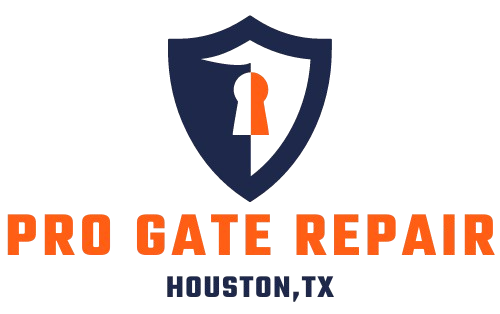When selecting a gate opener, understanding the relationship between your gate’s weight and the appropriate opener size is crucial. The weight of your gate significantly influences the type of opener needed to ensure smooth and reliable operation. Here’s a comprehensive guide on how gate weight determines the required opener size and why professional advice is essential.
The Impact of Gate Weight on Opener Size
1. Understanding Gate Weight
The weight of your gate is one of the most important factors to consider when choosing an opener. Heavier gates, often made of materials like wrought iron or solid wood, exert more stress on the opener and require a more powerful motor. Conversely, lighter gates, such as those made of aluminum or lighter materials, can be effectively managed by a less powerful opener.
2. Matching Opener Power to Gate Weight
Gate openers are designed to handle specific weight capacities. A heavy gate necessitates a robust opener with a higher power rating. Choosing an opener that’s too small for your gate’s weight can lead to inefficient operation, excessive wear, and potential damage to both the gate and the opener. Conversely, using an oversized opener for a lighter gate can lead to unnecessary costs and potential overkill in performance.
3. Types of Gate Openers and Their Capacities
Different types of gate openers are available, including sliding, swing, and barrier openers. Each type has various models with different power capacities:
- Sliding Gate Openers: Designed for gates that slide horizontally, these openers vary in power and are suitable for gates of varying weights. Heavy-duty models are available for larger gates.
- Swing Gate Openers: These openers work with gates that pivot open. They come in single and dual configurations, with power ratings to accommodate different gate sizes and weights.
- Barrier Gate Openers: Ideal for traffic control and security, these openers are designed for lightweight barriers but come with heavy-duty options for more substantial applications.
4. Additional Factors Affecting Opener Choice
Beyond gate weight, several other factors can influence your choice of opener:
- Gate Material: The material affects the overall weight and may also influence the type of opener needed. For instance, a heavy steel gate may require a different opener than a wooden gate of the same weight.
- Usage Frequency: Gates used frequently, such as those in commercial settings, may require a more robust opener than those used occasionally.
- Weather Conditions: Extreme weather conditions can affect the performance of the opener. Ensuring that the opener is suitable for your local climate can prevent issues like overheating or freezing.
5. Professional Consultation and Installation
Choosing the right opener size is not just about matching weight with power. It requires a detailed understanding of your gate’s specific needs and the operational environment. Consulting with a professional gate installation and repair service is crucial to ensure that you select the appropriate opener.
Pro Gate Repair Houston offers expert guidance on selecting and installing the perfect gate opener for your needs. Our team evaluates your gate’s weight, material, and usage to recommend and install an opener that ensures optimal performance and reliability.
6. Regular Maintenance for Longevity
Once the correct opener is installed, regular maintenance is key to ensuring its longevity and proper function. Routine checks and servicing can help prevent issues and extend the lifespan of both your gate and opener.
Conclusion
Selecting the right gate opener involves more than just matching it to your gate’s weight. It requires considering the type of gate, material, and other operational factors. Pro Gate Repair Houston is here to help you navigate these considerations, offering professional advice and installation services to ensure that your gate operates smoothly and efficiently. With the right opener and regular maintenance, you can enjoy reliable performance and enhanced security for your property.

Leave a Reply